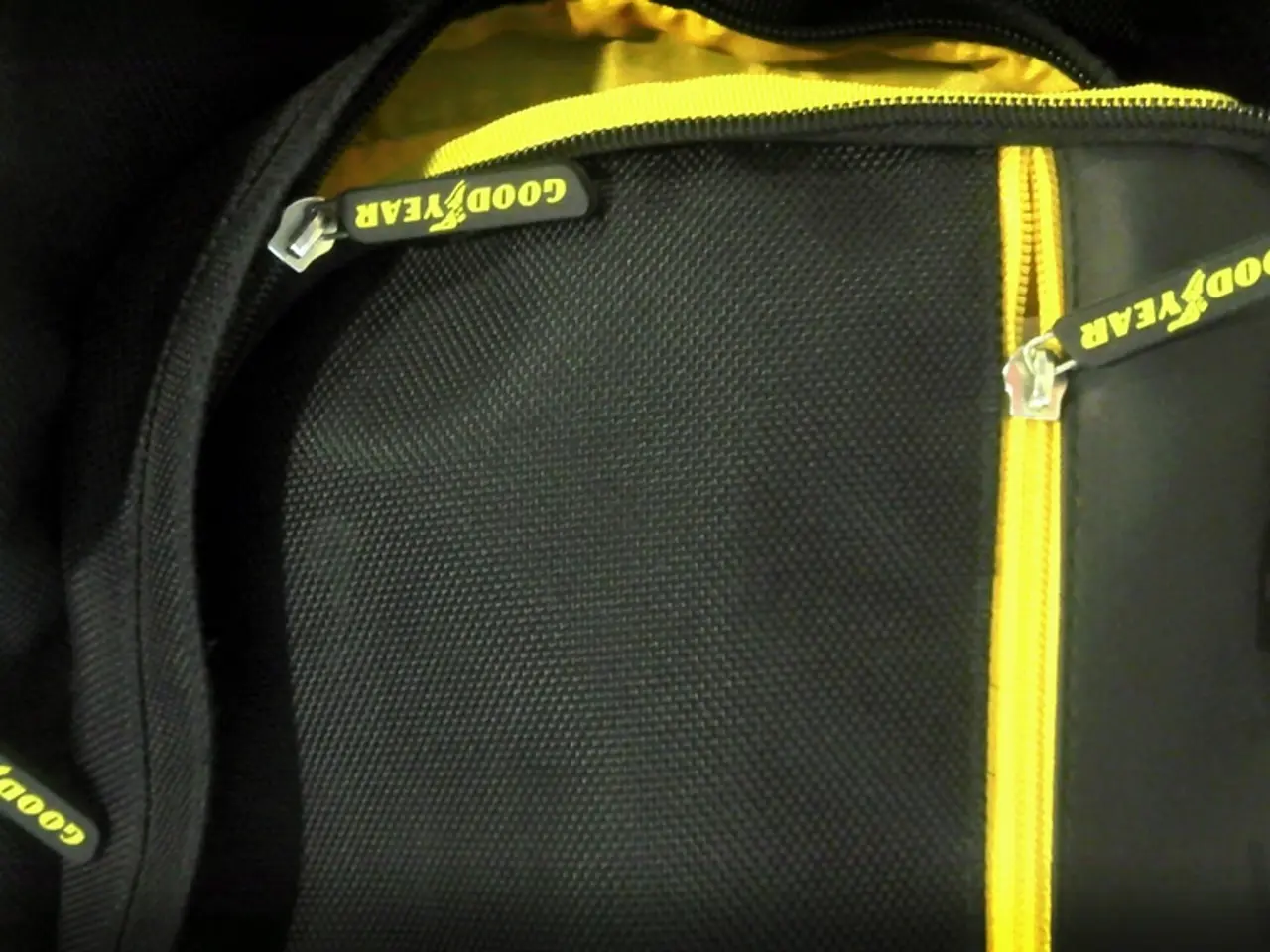Bipartisan Bill Aims to Bridge College Skills Gap with Better Data
Bipartisan legislation, the Student Right to Know Before You Go Act (H.R. 1937 and S. 915), is making its way through Congress. This act seeks to address the skills gap between college graduates' abilities and employer needs by providing students with better data on graduation rates, earnings outcomes, and more.
The act, sponsored by senators and representatives across the political spectrum, would require schools to report additional student-level data to the Integrated Postsecondary Education Data System (IPEDS). This includes earnings metrics for each program, credential, college board, and state of employment, calculated by the Department of Education.
The legislation aims to incentivize schools to track performance and seek improvements. It comes in response to concerns about graduate unemployment, which stood at 7.9 percent in 2013. By updating the information colleges must report under the Higher Education Act of 1965, the act seeks to empower students to make more informed decisions about their student loans and future careers.
The Student Right to Know Before You Go Act is currently awaiting consideration from the Senate Committee on Health, Education, Labor, and Pensions, and the House Subcommittee on Higher Education and Workforce Training. If passed, it promises to provide students with valuable insights into the potential outcomes of their educational choices, helping to bridge the skills gap and improve the match between college graduates and the job market.
Read also:
- CEO Efe Cakarel of film platform Mubi addresses controversy regarding new investor and Israeli military ties, establishes advisory board and fund to safeguard artists under threat.
- Trump's Policy Shifts Spark Controversy, Pauses Infrastructure Funding
- Germany's Steel Industry Hopes for EU Nod on Subsidized Electricity Prices
- India's Agricultural Storage Infrastructure Booms: Record Projects, Capacity, and Funding




